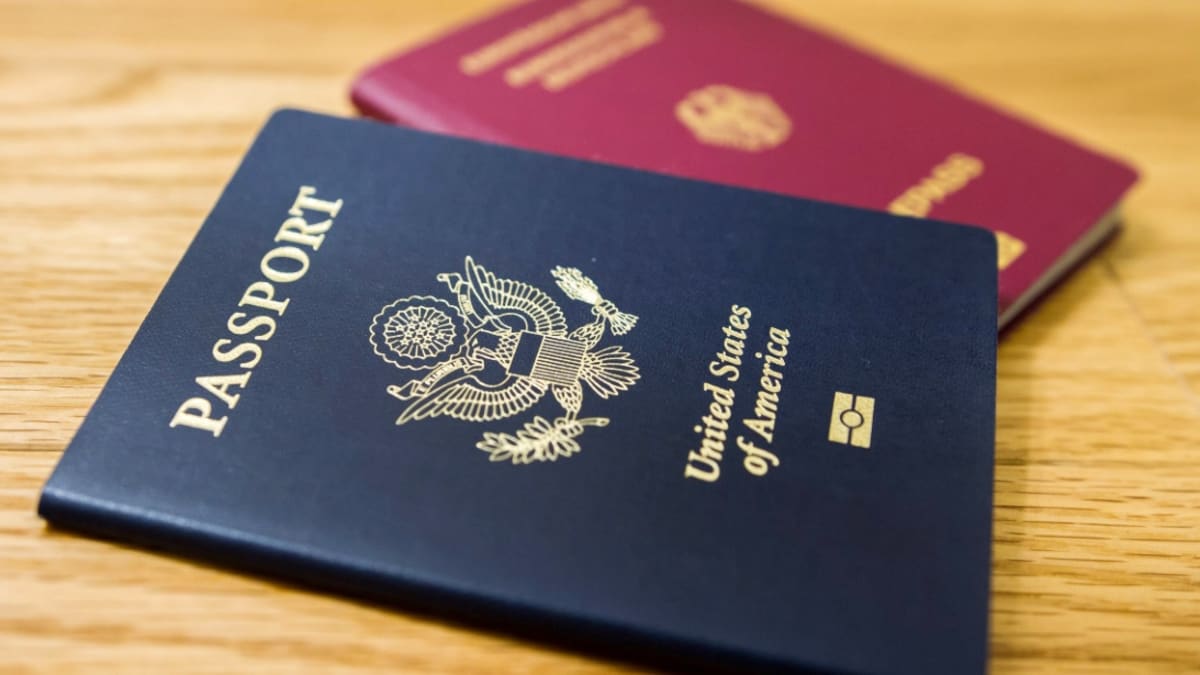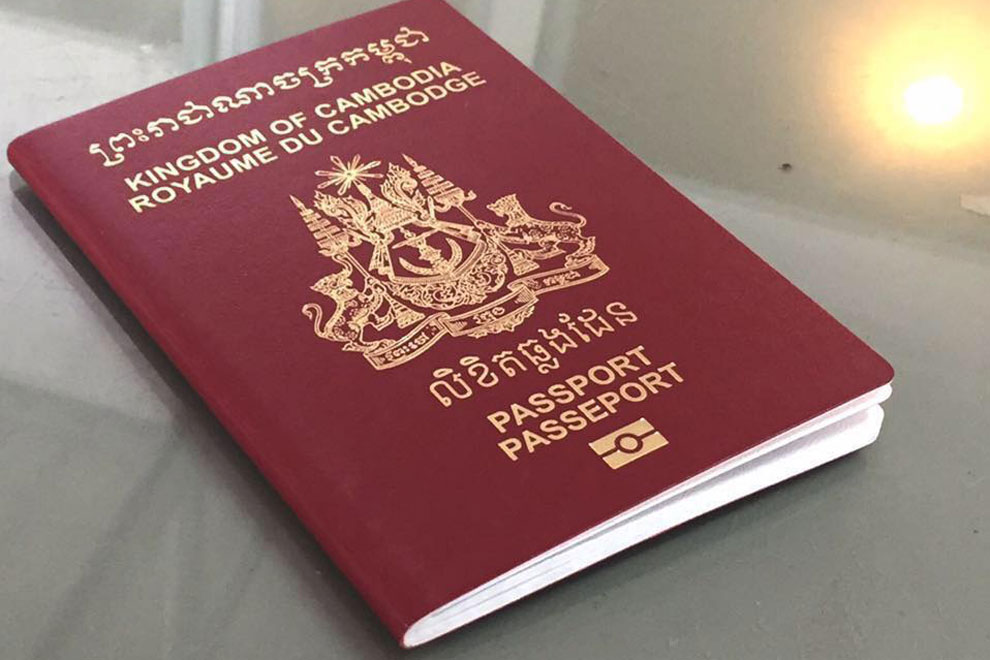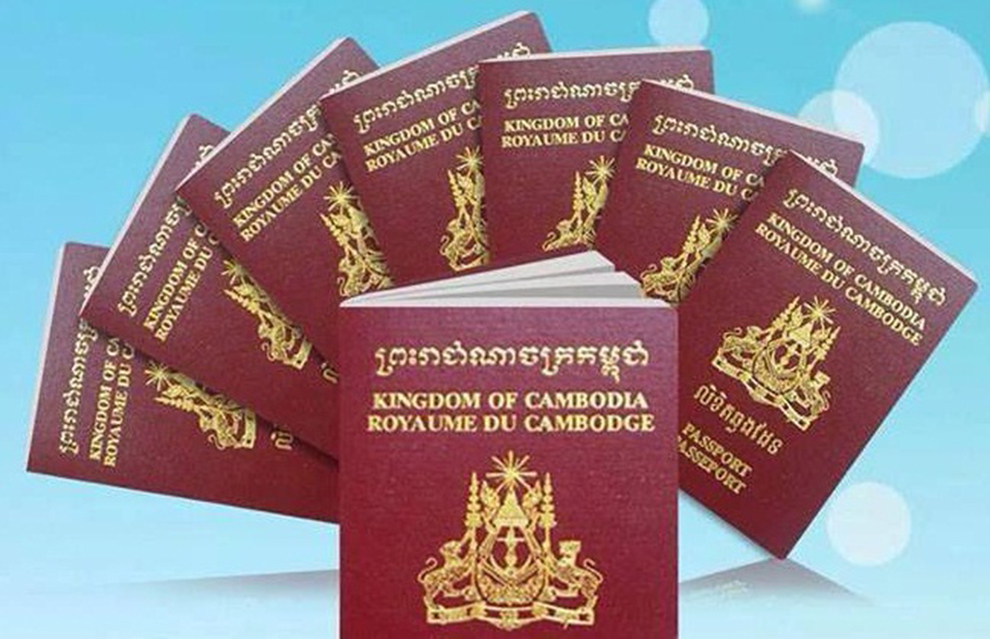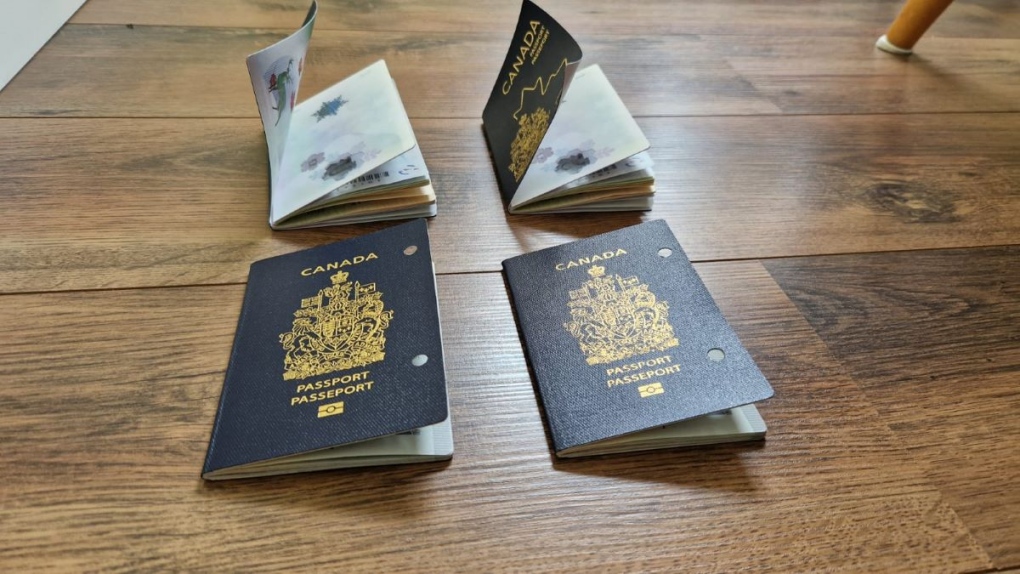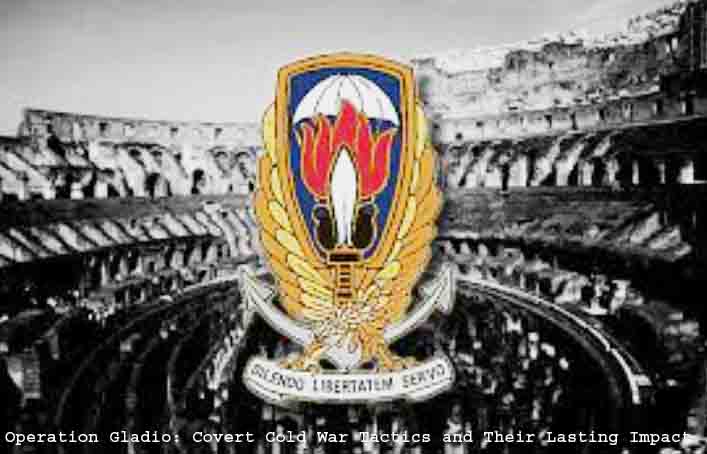
Operation Gladio
Operation Gladio, a clandestine and controversial NATO initiative, has remained shrouded in mystery and intrigue since its inception during the Cold War. Emerging from the geopolitical landscape of post-World War II Europe,
Gladio was designed as a covert strategy to counter potential Soviet aggression by establishing secret stay-behind networks across Western Europe. This article aims to delve into the origins, objectives, and the covert nature of Operation Gladio, shedding light on the historical context that gave rise to this secretive endeavor.
- Historical Background
- Post-World War II Europe
The end of World War II left Europe in ruins, both physically and politically. The continent was divided into two ideological blocs, with the Iron Curtain separating the democratic West from the communist East. As the Cold War intensified, the fear of a Soviet invasion loomed large over Western Europe, prompting NATO (North Atlantic Treaty Organization) to devise strategies to counter the perceived threat.
Birth of Operation Gladio
In 1952, the NATO-backed Operation Gladio was officially established, drawing its name from the Latin word for sword. The primary objective was to create a network of secret armies, composed of military personnel and civilians, who would operate behind enemy lines in the event of a Soviet invasion.
These stay-behind units were to engage in guerrilla warfare, sabotage, and intelligence gathering to disrupt enemy forces.
- Structure of Operation Gladio
- NATO Coordination
Operation Gladio was coordinated by NATO, the military alliance formed in 1949 to counter the Soviet threat. Each NATO member country was expected to establish its own secret stay-behind network, which would operate independently but under the broader framework of the alliance.
The CIA played a significant role in supporting Gladio activities, providing training, equipment, and funding to the clandestine networks.
National Implementation
Countries like Italy, Belgium, Germany, and Greece were among those that implemented Operation Gladio. National intelligence agencies and military personnel collaborated to recruit individuals who could be part of these secret armies. The recruited individuals were often kept in the dark about the full extent of the operation, with only a select few aware of the true nature of their mission.
Controversies Surrounding Gladio
Secrecy and Lack of Oversight
One of the most contentious aspects of Operation Gladio was its extreme secrecy. The stay-behind networks operated outside the purview of elected governments, raising concerns about accountability and democratic oversight. The lack of transparency fueled suspicions and conspiracy theories, contributing to the controversial nature of Gladio.
Involvement in Domestic Politics
As the Cold War progressed, allegations emerged that Gladio had extended its activities beyond the intended defense against external aggression. Accusations surfaced that the secret armies were involved in domestic politics, influencing elections, and undermining democratic institutions. The idea that a covert NATO operation could have such an impact on internal affairs heightened public distrust.
- Gladio’s Role in Cold War Events
- Cold War Tensions and Proxy Warfare
During the Cold War, tensions between NATO and the Warsaw Pact reached critical points, such as the Cuban Missile Crisis and the construction of the Berlin Wall. Operation Gladio remained in the shadows during these high-stakes moments, ready to be activated in the event of an escalation to full-scale conflict.
Gladio and Terrorism
In the 1970s and 1980s, Europe experienced a wave of terrorist attacks attributed to left-wing and right-wing extremist groups. Some of these incidents raised suspicions of Gladio involvement, with claims that the stay-behind networks were manipulating events to advance NATO’s agenda. Investigative efforts to uncover the truth behind these allegations proved challenging due to the secrecy surrounding Gladio.
- Declassification and Public Awareness
- The Gladio Revelation
In the 1990s, a series of revelations brought Operation Gladio into the public eye. Investigations in Italy and Belgium uncovered the existence of the secret stay-behind networks, leading to parliamentary inquiries and calls for transparency. Declassified documents shed light on the extent of Gladio’s reach and its connection to NATO and various national intelligence agencies.
Official Admissions and Apologies
In 1990, the then-Italian Prime Minister Giulio Andreotti confirmed the existence of Gladio in a speech to the Italian parliament. Similar acknowledgments followed in other NATO member countries. The revelations prompted apologies from some governments for the lack of transparency and the potential misuse of the secret networks.
- Legacy and Ongoing Questions
- Impact on European Security
The legacy of Operation Gladio raises important questions about the balance between national security and democratic values. The operation, initially conceived as a defense strategy, ended up becoming a symbol of the blurred lines between covert military activities and domestic politics. Understanding this legacy is crucial in evaluating the implications for contemporary European security.
Unanswered Questions and Conspiracy Theories
Despite official admissions, many questions surrounding Operation Gladio remain unanswered. The secrecy that shrouded the operation fueled conspiracy theories, with some suggesting that Gladio continued to operate in different forms even after its official exposure.
Examining the lingering mysteries and conspiracy theories provides insight into the challenges of navigating the murky world of covert Cold War operations.
Conclusion
Operation Gladio, born out of the Cold War’s geopolitical complexities, remains a fascinating and controversial chapter in European history. Its secretive nature, coupled with allegations of interference in domestic politics, has left a lasting impact on public perception and raises important questions about the balance between national security and democratic principles.
As we continue to grapple with the legacy of Gladio, it serves as a reminder of the challenges inherent in navigating the shadowy world of covert operations during times of international tension.




